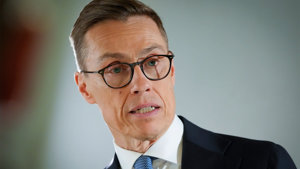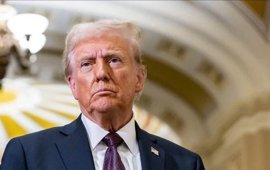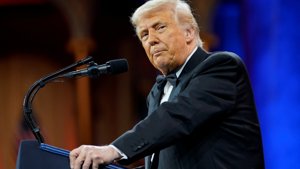
ECB: US Tariffs Risk Global Stability
Joachim Nagel, member of the European Central Bank’s (ECB) Governing Council and President of Deutsche Bundesbank, issued a stark warning on Thursday following the United States' latest round of tariff announcements. He cautioned that these protectionist measures could undermine the progress made in recent monetary policy and pose serious threats to the global economy.
“Tariffs will put the monetary policy progress to the test,” Nagel said, suggesting that the ECB will need to “reassess the situation” in light of the new trade dynamics created by Washington’s decision. His comments reflect growing concerns within European financial circles about the far-reaching consequences of the United States’ shifting trade strategy.
Nagel noted that the new tariffs would lead to rising prices across international markets while dampening global economic growth. “The prosperity of all will come under attack,” he stated, emphasizing the interconnected nature of modern economies and the potential for ripple effects far beyond the United States and its direct trade partners.
The warning comes as U.S. President Donald Trump’s administration enacts sweeping tariffs under his “Liberation Day” trade policy. Aimed at addressing what he terms as longstanding global trade injustices, the measures have drawn swift responses from various governments and financial institutions worldwide.
According to Nagel, the ECB may have to adjust its future monetary strategy if the tariffs result in heightened inflationary pressures or weakened economic momentum across the eurozone. Central banks around the world have spent years steering economies through recovery phases following previous global crises, and new disruptions could reverse hard-won gains.
Global markets have already begun reacting to the news, with volatility increasing and investor sentiment showing signs of caution. Analysts warn that continued escalation in tariff-related tensions could stall investment and trade flows, worsening the economic outlook for both advanced and emerging markets.
Nagel’s remarks reinforce the urgency for international dialogue and cooperation to avoid a downward spiral in global economic relations. As the ECB and other major financial institutions closely monitor the developments, the path forward may depend on whether key players choose to negotiate or escalate the situation further.






